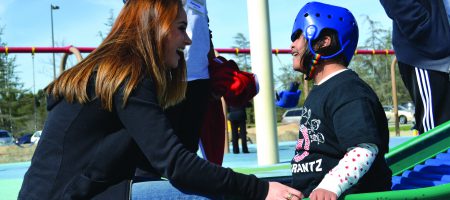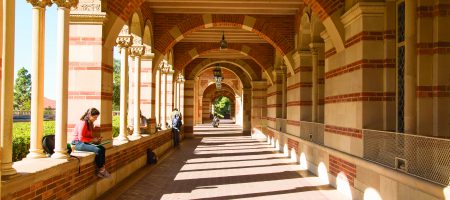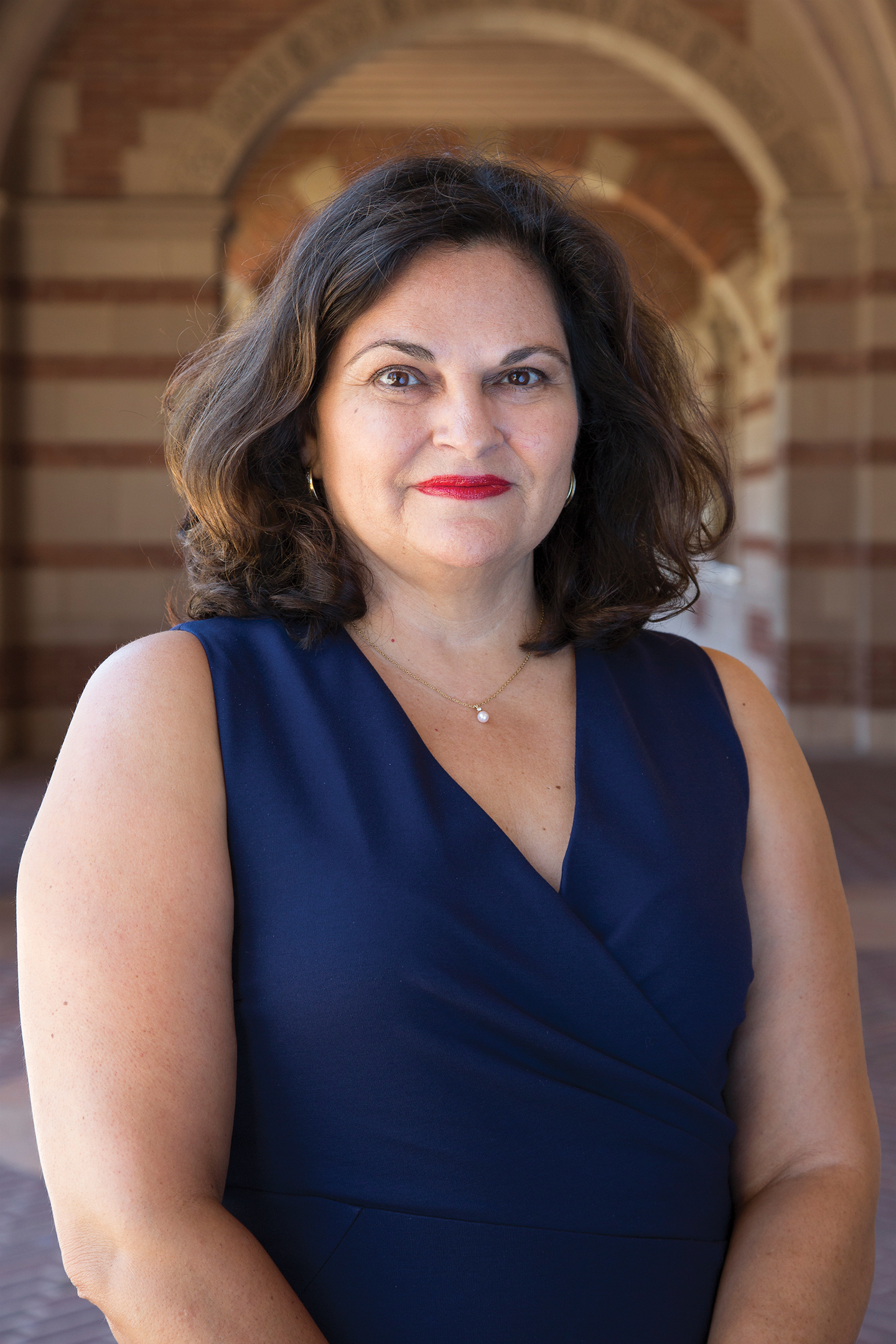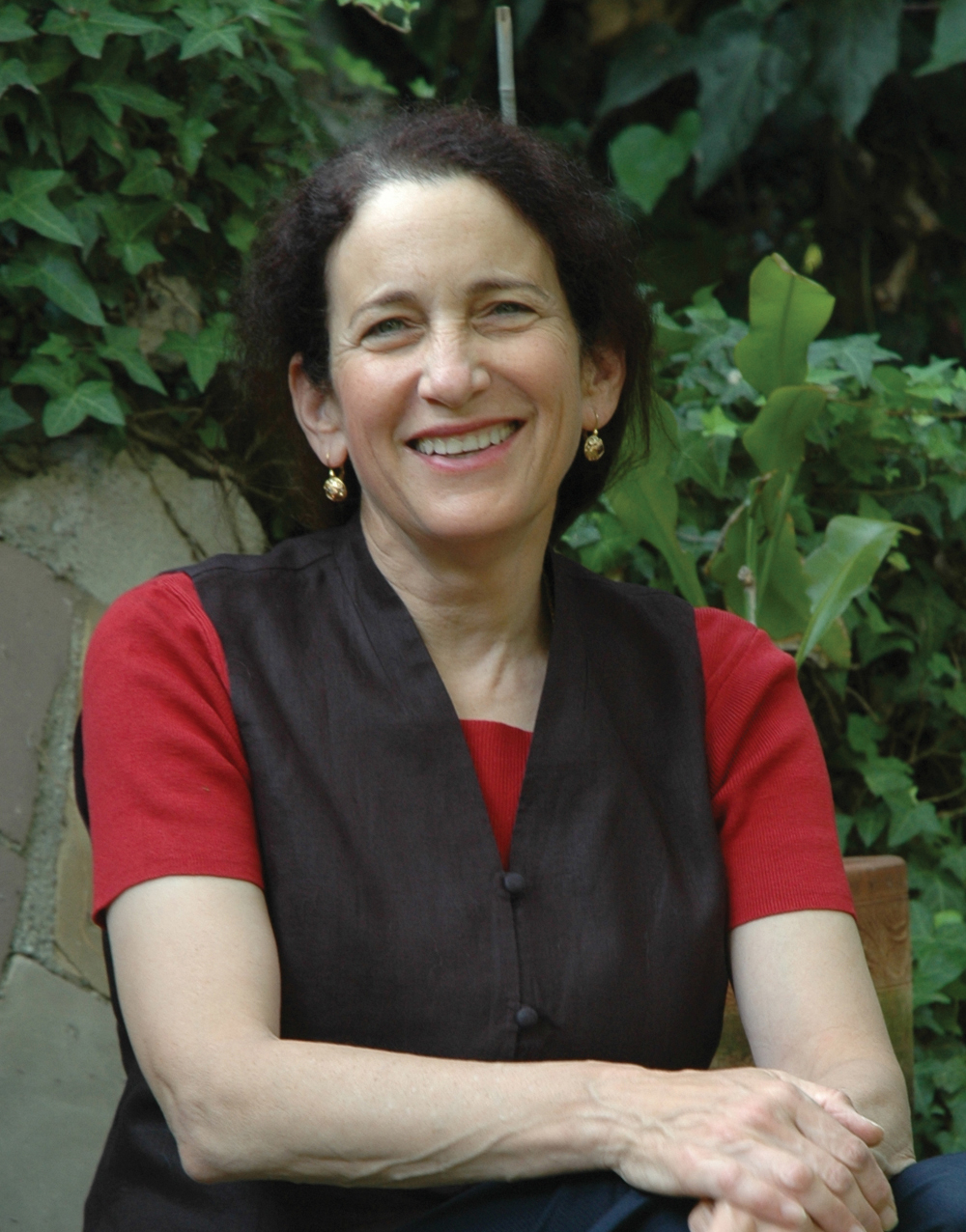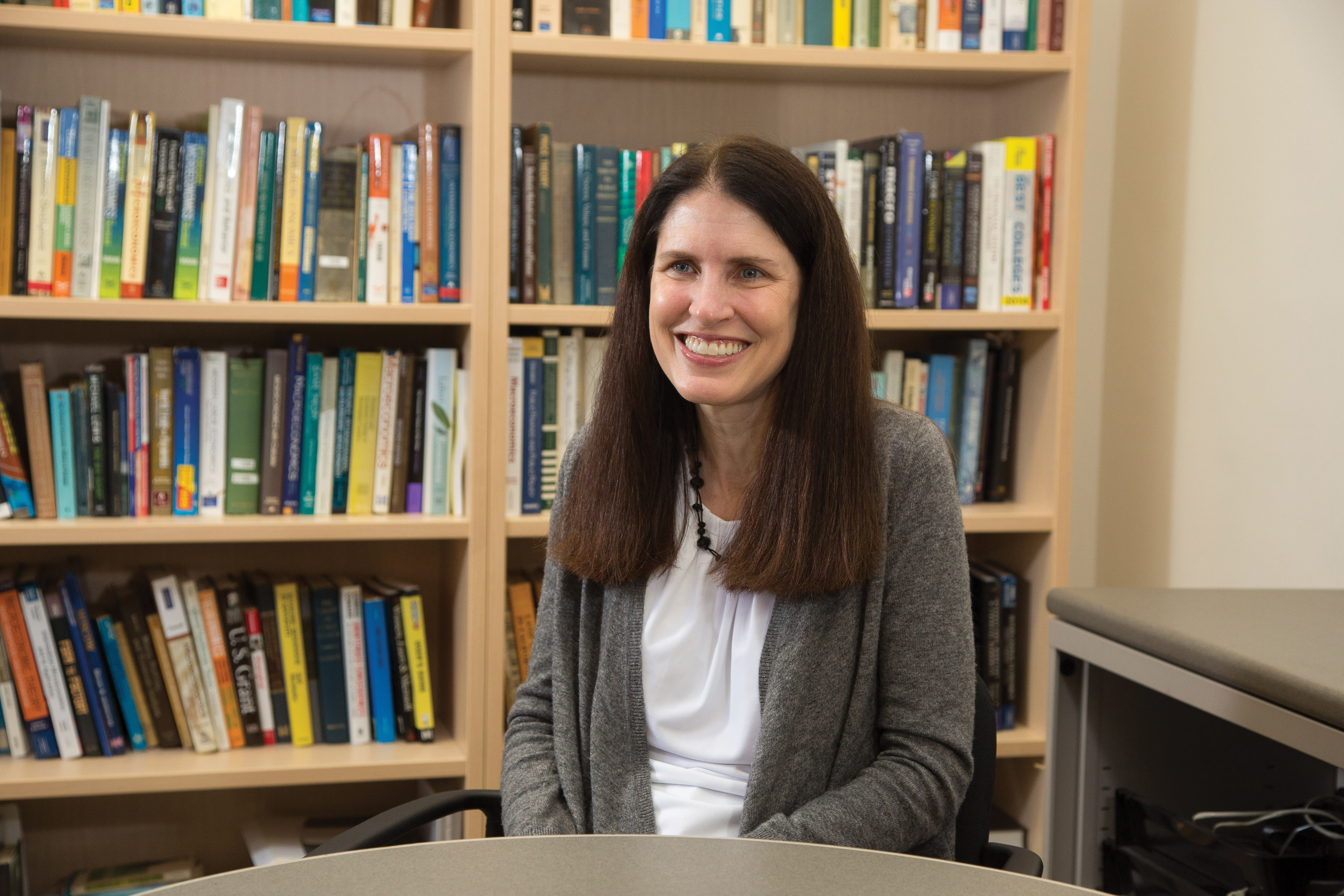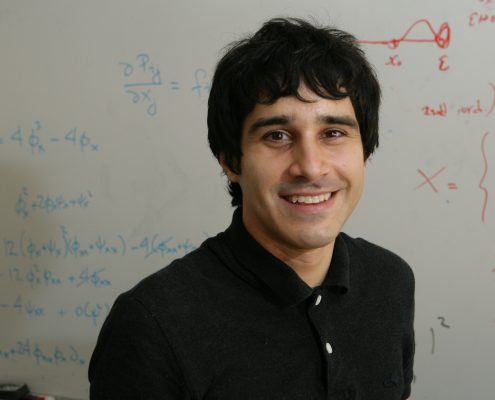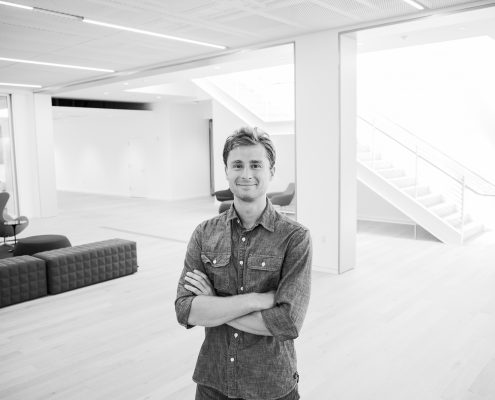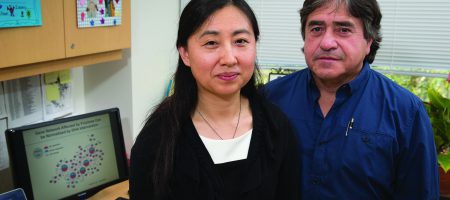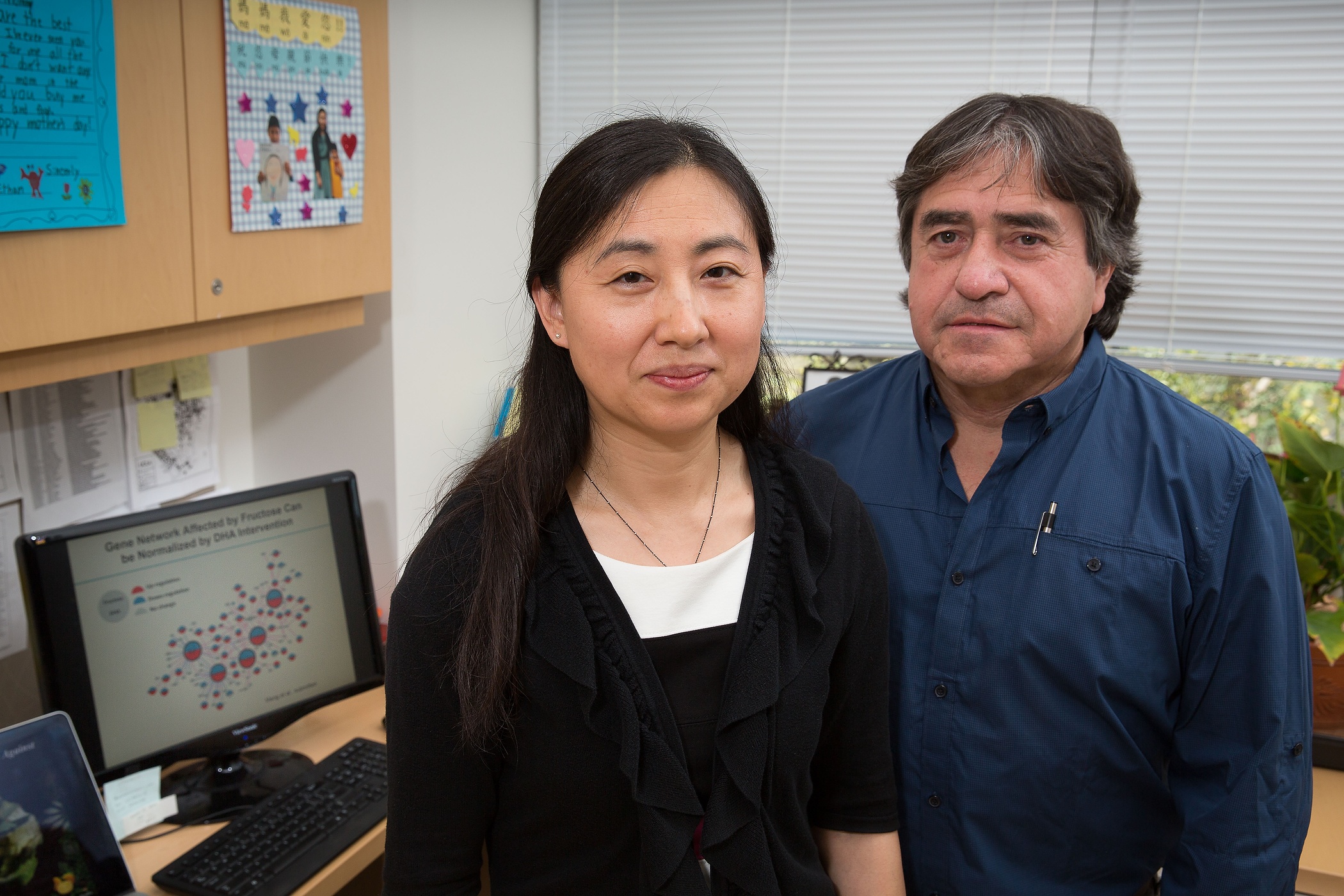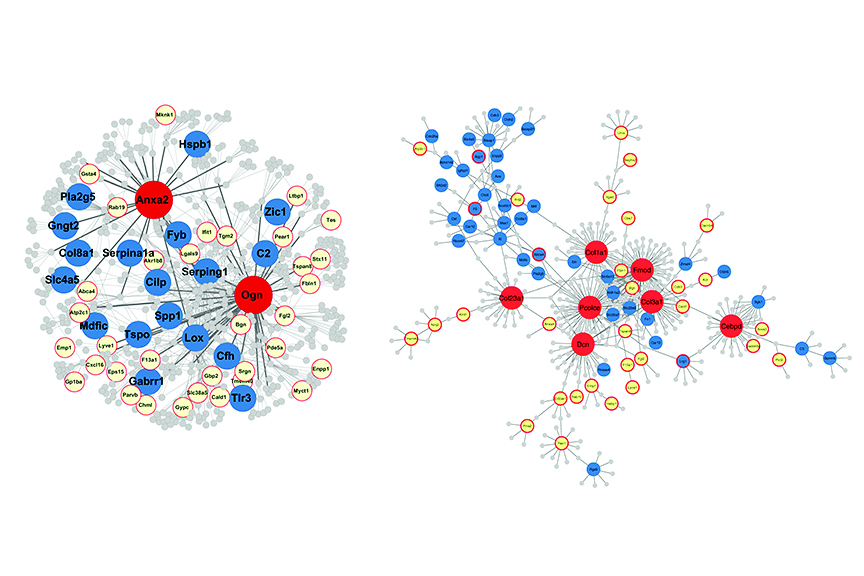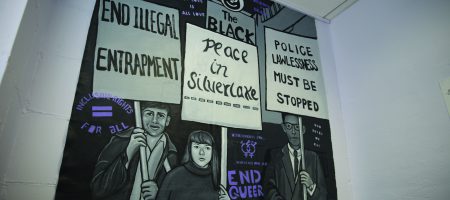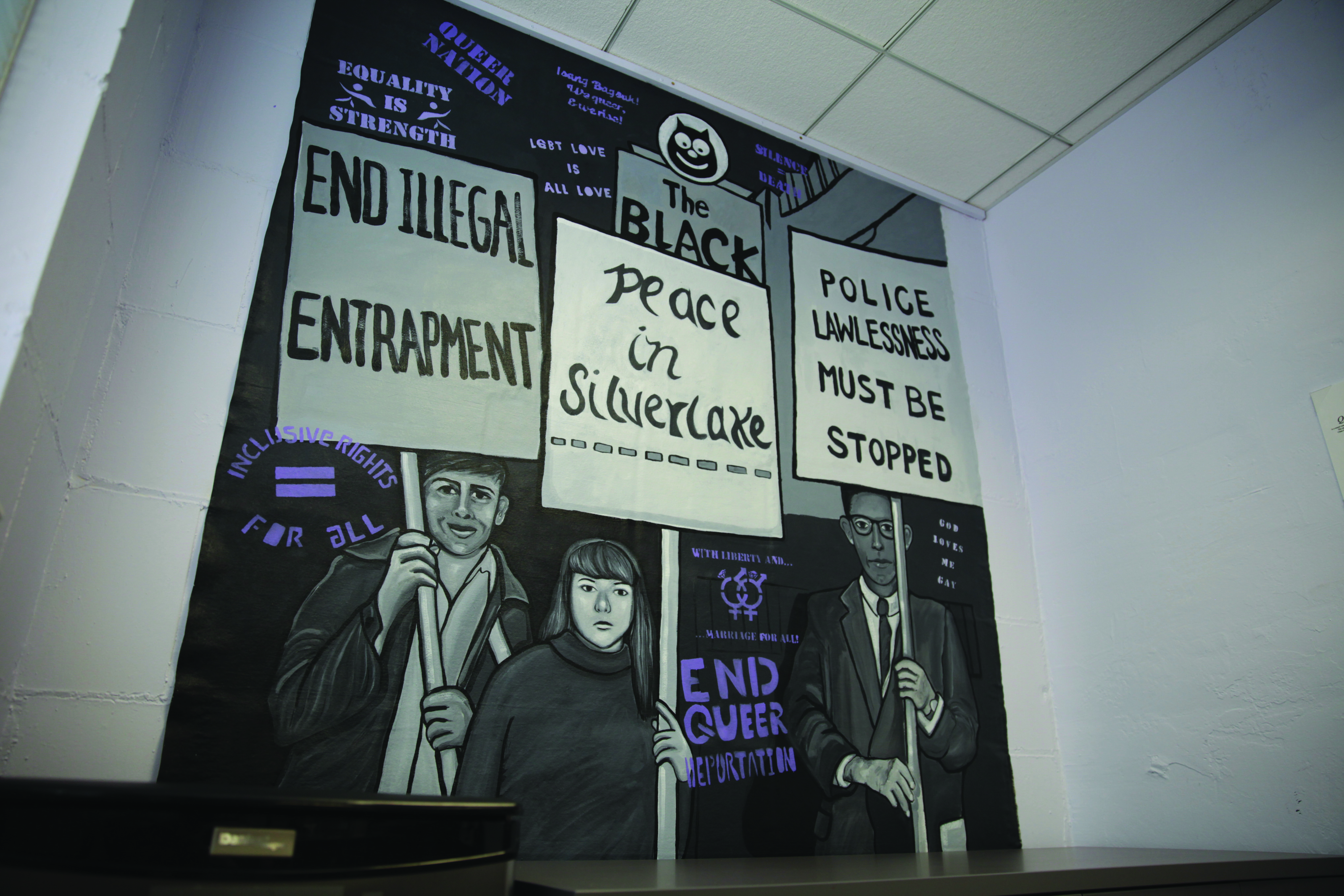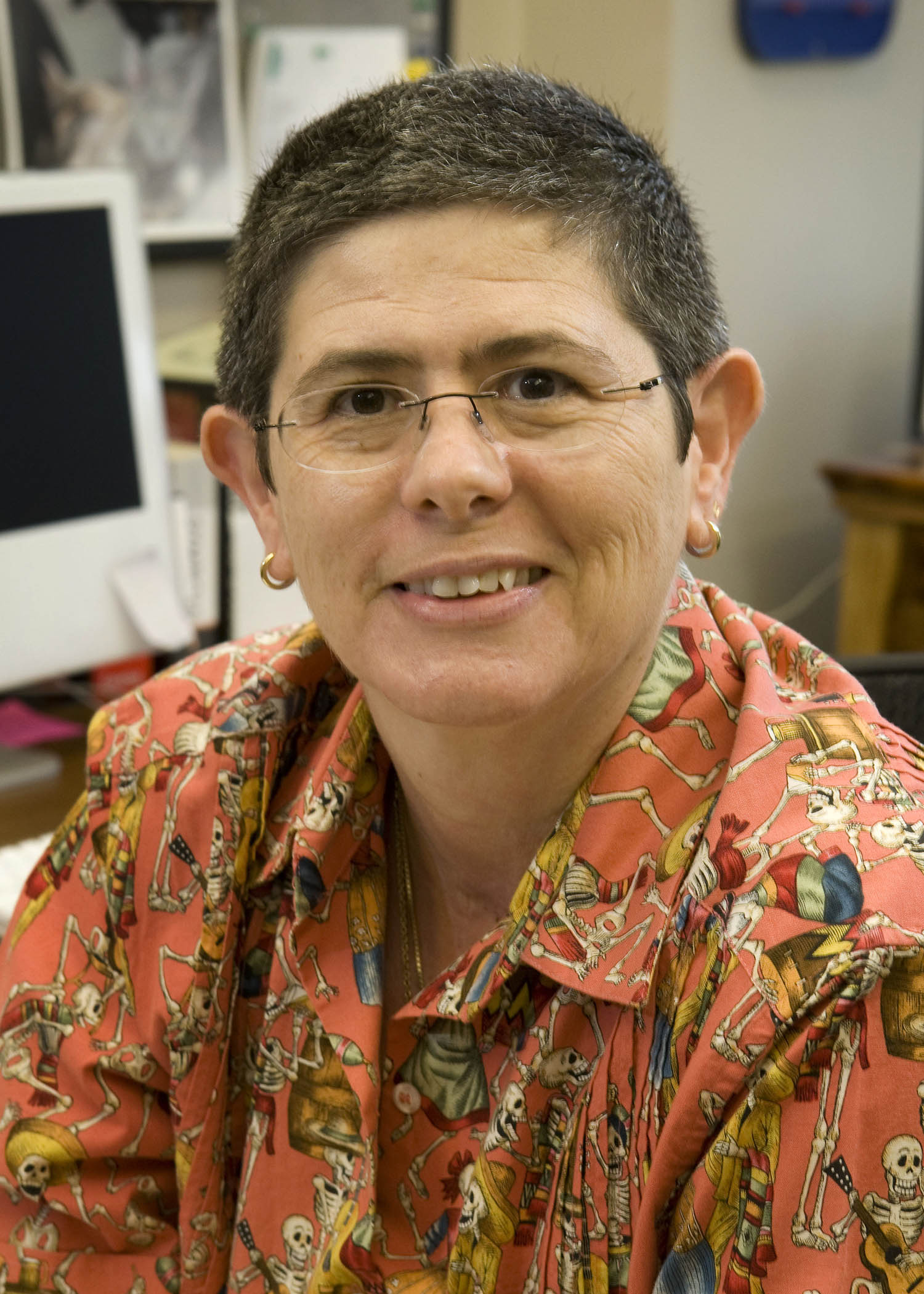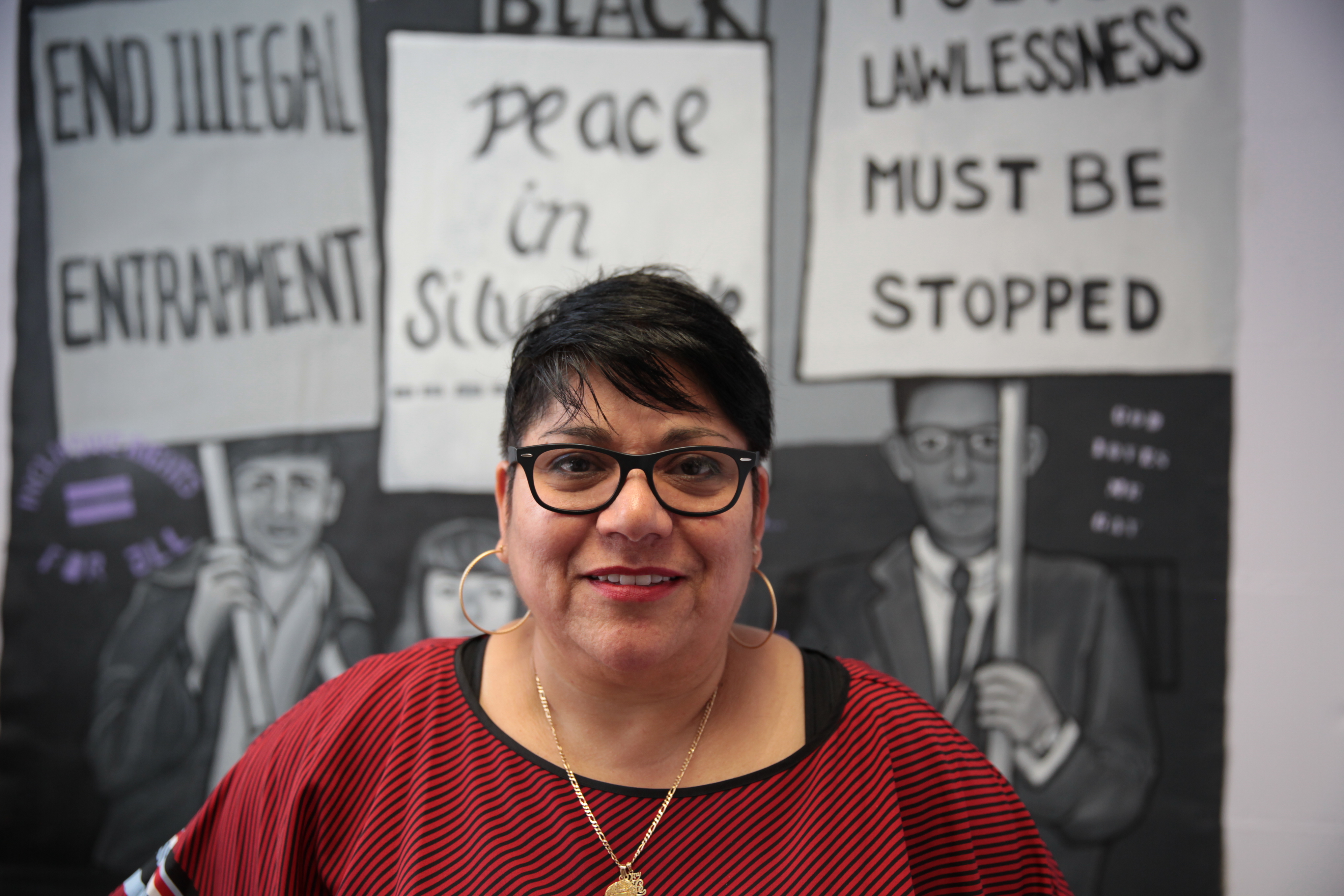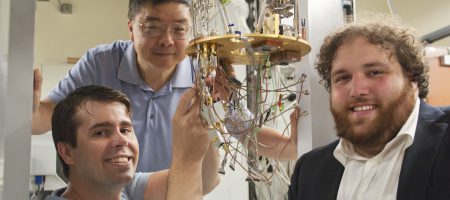UCLA Disability Studies Program Celebrates 10 Years of ‘Redefining Normal’
By Rayna Jackson
Nasim Andrews knew exactly what she wanted to do when she was 10 years old: become a doctor. This small town girl from Los Alamos, New Mexico, had a plan. First, get into UCLA. Second, take every pre-med course, extracurricular activity and program that would get her closer to her dreams.
“Anyone who knew me at the beginning of my college career can tell you that I wanted to be a doctor,” recalled Andrews, who just graduated from UCLA with a bachelor’s degree in human biology and society. “I thought that the best way to make an impact on people’s lives was through medicine.”
Andrews didn’t realize it at the time, but now looking back at her academic career, she recognizes that she was about to have a ‘life-changing’ experience. Her major introduced her to “Perspectives on Disability Studies” as one of the electives she could take. After completing the class, Andrews says that her whole mindset about disability changed. She began to question concepts about ‘normalcy’ in society and began to look at her own perceptions about ability.
“A minor in disability studies signals to a potential employer that this applicant brings an intellectual perspective to the many issues of access and inclusion that are ubiquitous in 21st century workplaces,” said Patricia Turner, dean and vice provost of undergraduate education. “Beyond that, it is a great example of how UCLA embraces teaching innovation and applies contemporary societal issues to create a vibrant curriculum for our students.”
Since the disability studies minor began a decade ago, the class topics and discussions have created buzz among students. The result is that students’ level of interest has increased. The first disability studies course enrolled only a handful of students. Now there are more than 36 courses offered annually and more than 400 undergraduates enroll in disability studies courses each year. The minor has also graduated more than 100 students.
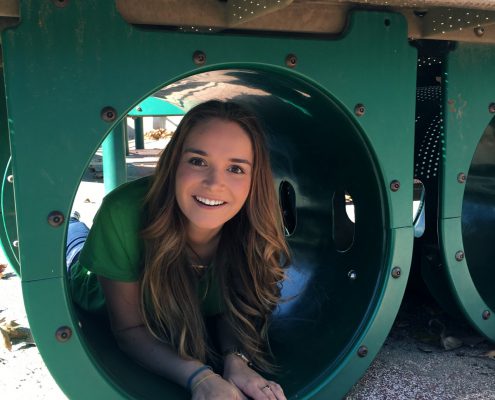
Nasim Andrews ’17 says that being part of UCLA’s disability studies program was a “life-changing” experience.
Disability activism
One out of five people, or 56.7 million Americans, have a disability, according to the 2010 U.S. census. As the number of people with disabilities increases, there is a growing national and global movement to understand and accept disability.
UCLA students who are a part of disability studies take their new understanding and become disability advocates in their own sphere of influence. In the last decade, students have completed close to 25,000 service hours through the minor, benefiting 36 local, state and national organizations that work directly with disabled communities.
“We have the opportunity to change our built environment, our policies and our laws,” chair of disability studies Vic Marks said. “That is to say that we can be change makers within our own lives, our families and in our larger community. Disability studies students do this every day.”
Disability studies also gives students the opportunity to practice disability activism through the lens of philanthropy. Last spring, students had the rare opportunity to distribute a $75,000 grant to local nonprofits that served people with disabilities through the philanthropy course “Confronting Challenges of Serving the Disabled.”
In the philanthropy course, students had to collectively decide how to distribute grant monies to local nonprofits that served people with disabilities. They researched 20 local organizations, made site visits, developed requirements and a process for funding, and then negotiated who the awardees would be and how the funds would be distributed.
Shane’s Inspiration, a local nonprofit organization that designs and develops inclusive playgrounds and educational programs to unite children of all abilities, received $25,000 from the philanthropy course. The investment will allow the organization to reach more students and educators within the Los Angeles community. Additionally, Shane’s Inspiration has been able to use the grant monies to expand its reach into higher education.
Andrews was among the students in the philanthropy course that awarded grant money to Shane’s Inspiration. She immediately saw the importance of their work with children. Andrews quickly became the nonprofit’s biggest advocate in class and even sought an internship opportunity with the organization. Both the class and her work at Shane’s Inspiration prompted her to think differently about her lifelong goal of becoming a doctor.
“I would always say, ‘When I grow up I want to go to work as a doctor and know that I am making an impact on somebody’s life,’” Andrews said. “To get that same feeling from being on the playground at Shane’s Inspiration was the exact same feeling I was looking for.”
Tiffany Harris, CEO and co-founder of Shane’s Inspiration, believes that the disability studies program gives students like Andrews the opportunity to challenge misconceptions about disabilities,
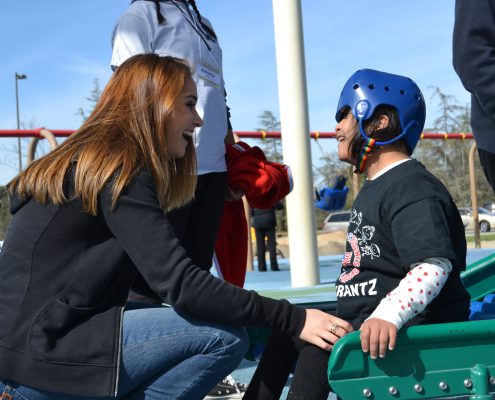
Andrews (left) with families at Shane’s Inspiration site in Anthony C. Beilenson Park in Los Angeles. UCLA disabilities studies students awarded a grant to Shane’s Inspiration through the philanthropy course “Confronting Challenges of Serving the Disabled.”
which in turn will allow them to be better at their chosen profession.
“Every one of us within our lifetime is going to be in a position to interface with someone with a disability, or perhaps face a disability ourselves,” Harris said. “By having access to a class like this, students are able to expand their understanding of their perceptions of people with disabilities, and by doing so, create a new opportunity for connection in the future.”
After years of planning her life, Andrews did not graduate as a pre-med student. She wouldn’t have it any other way.
“Joining the minor was one of the best decisions that I made while at UCLA,” Andrews said. “There is no doubt that the classes and experiences in the minor helped me to learn more about myself and helped me realize that even with my diverse interests, I can have an impact in people’s lives.”
Andrews now combines her passion for health care with her passion and understanding of disability in a new role with Triage Consulting Group in San Francisco.
Expanding the global reach of disability studies
In a milestone for the program, disability studies marked its 1-year anniversary in April by hosting UCLA’s first international conference, “Disability as Spectacle.” The conference brought together thought leaders from the United Kingdom, Taiwan, South Africa, India, Malawi, Sweden and the United States to examine how spectacle can be used as a tactic for social change.
As disability studies continues to grow, more attention will be brought to the vibrant nature of the program both locally and abroad. And undoubtedly, like Andrews, more students will have “life-changing” experiences through the disability studies program at UCLA.
Learn more:
http://www.uei.ucla.edu/dsminor.htm


